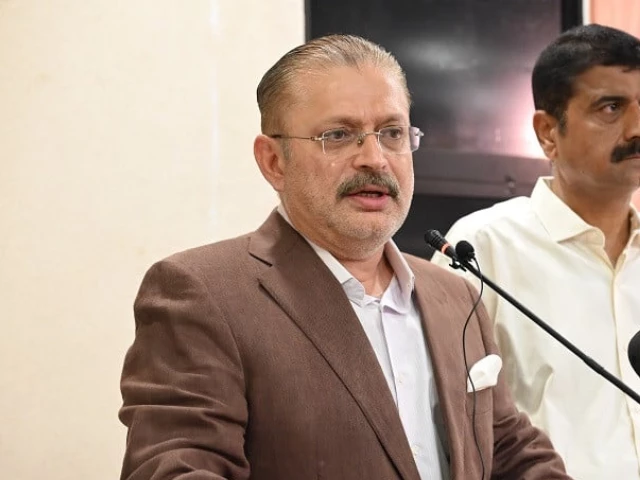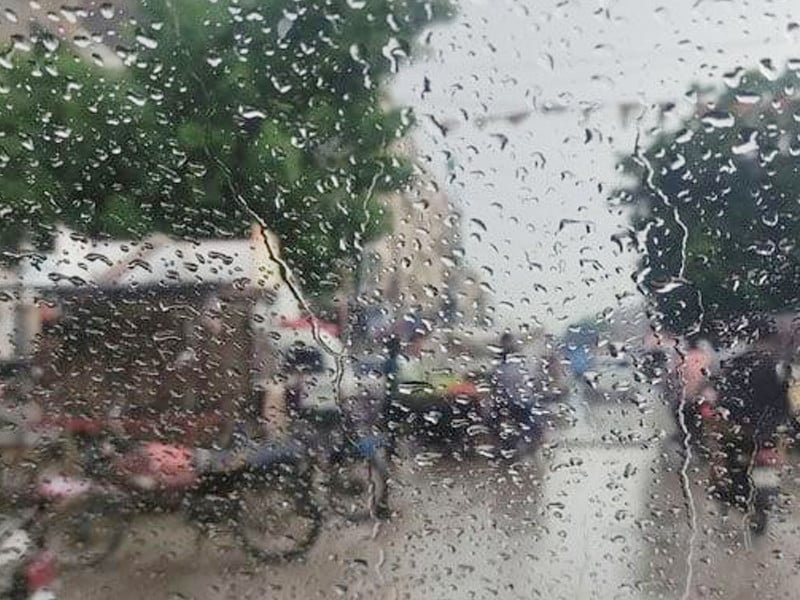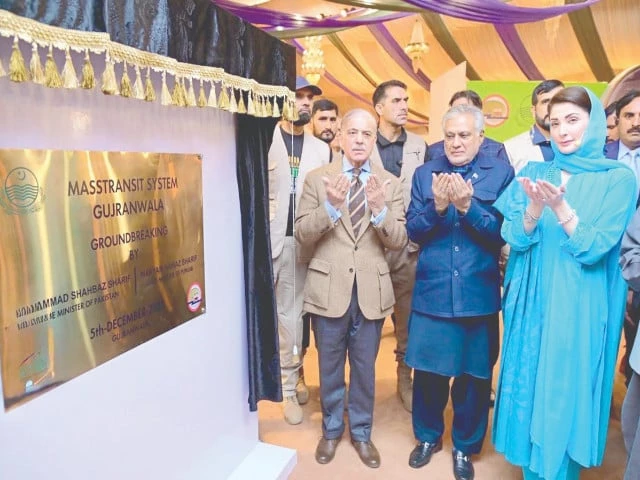Navigating Karachi’s Monsoon Challenges: Government’s Response and Public Concerns
As the monsoon rains pour down on Karachi, the city grapples with both the blessings and burdens of heavy rainfall. Recent statements from Sindh Senior Minister Sharjeel Inam Memon have shed light on the government’s efforts to manage the deluge effectively. Memon claimed that the storm drains had been cleared in advance and that heavy machinery was on standby to tackle drainage issues. This proactive stance reflects the Sindh government’s commitment to addressing the city’s infrastructure needs.
During a press conference, Memon didn’t shy away from pointing fingers at certain media outlets, suggesting they were part of a pre-planned campaign against the Pakistan Peoples Party (PPP)-led government. This accusation follows a report from Dawn Newspaper, which acknowledged the province’s improvements in drainage capabilities. However, Memon also admitted that lapses could occur, a reminder that no system is perfect, especially under extreme conditions.
Karachi Mayor Murtaza Wahab reported that the city faced unprecedented rainfall, exceeding 200mm, while its drainage system can manage only about 40mm. "Citizens faced difficulties, and for that, we apologise," he said, emphasizing the ongoing challenges in managing such severe weather conditions. Wahab highlighted that even in the face of record-breaking rainfall, efforts were made to respond swiftly and effectively, indicating a hands-on approach from both the mayor and senior officials.
Moreover, the broader implications of climate change were not lost on Memon, who pointed out that Pakistan, while being one of the lowest contributors to global emissions, is one of the most affected. With neighboring provinces facing devastating tolls from the rains, the need for effective infrastructure and broader climate strategies has never been clearer.
The recent events have sparked discussions on the state of Karachi’s drainage system, which has been a longstanding issue. Memon recalled how even the United Nations Secretary-General had raised concerns about the city’s infrastructure in the past. Despite historical challenges, he believes that current efforts have made significant strides in improving drainage systems in the region.
In the wake of criticism from political rivals, Memon challenged the Muttahida Qaumi Movement-Pakistan (MQM-P) over their concerns, raising questions about their commitment to local governance if they boycotted elections. This political sparring underlines the complexity of governance during times of crisis.
As Karachi prepares for more rainfall, it’s crucial that residents stay informed and engaged with ongoing developments. The government’s measures, community responses, and media coverage all play essential roles in navigating these challenging circumstances. If you’re interested in staying connected to the evolving situation and exploring community-driven solutions, consider reaching out to organizations like Pro21st, which work tirelessly to foster collaboration and resilience in times of need.
At Pro21st, we believe in sharing updates that matter.
Stay connected for more real conversations, fresh insights, and 21st-century perspectives.





